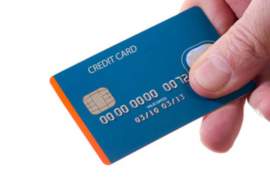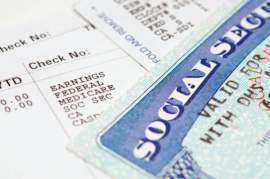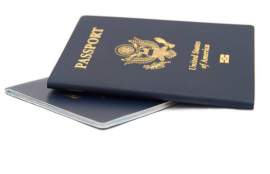
5 Things You Must Know About Check Fraud

What is Check Fraud?
Check Fraud is a type of financial fraud that involves the misuse of checks in an unlawful, fraudulent, and illegal fashion; typically, Check Fraud offenders will employ a wide variety of deceptive methods with regard to both the endorsement and collection of checks in order to render financial and economic gain:
What is a check?
A check is defined as a financial instrument that serves to represent implicit monies represented by the amount set forth on the check itself; the amount of a check is analogous with the amount of monies – and financial value – attributed to that check. Upon the receipt of a check, an individual may go to a financial institution in order to redeem the check for the expressed amount illustrated on the check itself. In order to both prevent and reduce Check Fraud, there may exist a varying amount of processing time prior to the issuance of monies – this result from the financial institution undertaking measures to both authenticate and authorize the validity of the check; the following types of check are commonplace within modernity:
Employment checks are monetary instruments awarded to employees, which reflect wages earned
Personal checks are financial instruments issued by individuals in lieu of disbursing hard currency
Cashier’s checks are financial instruments issued and endorsed by a financial institution in order to provide further authorization and authentication with regard to the financial transaction
Forgery and Check Fraud
Forgery employed within the realm of check fraud is defined as spuriously, falsely, and knowingly presenting an unlawfully-duplicated check with the intent to deceive; forgery may take place in the following methods:
The forging of an endorsement in order to fraudulently redeem a check
The manufacture of ‘fake’ checks in order to receive monies in an unlawful manner
Money Laundering and Check Fraud
Check fraud involving banking activity utilizing the fallacious deposit of checks is a defined as money laundering. Checks reflecting large amounts of money may be submitted to financial institution in order to attempt the substantiation the source of their income; in addition, this type of check fraud may be used in order to purposely conceal, misrepresent, and disguise all applicable nature or details with regard to financial income in the form of monies – this may include:
The usage of offshore accounts
The misappropriation of company checks belonging to a business by individuals employed
Check Kiting and Check Fraud
‘Check Kiting’, which receives its titular classification do to the facilitation of a ‘floating’ authentication process undertaken by certain financial institutions. Check kiting takes place in the event that an individual wishes to redeem monies that exceed the amount in that individual’s possession. As a result, the individual may undertake the following methodology:
An individual will write a fraudulent check to one financial institution, which will typically reflect funding not in that individual’s possession
The individual will go to a second financial institution and write a fraudulent check intended to be redeemed against the fraudulent balance existing with regard to the first financial institution
Although this process has been regulated through the adjustment of the authorization process, ‘floating’ authorization could last upwards of a week to authenticate available funds



















